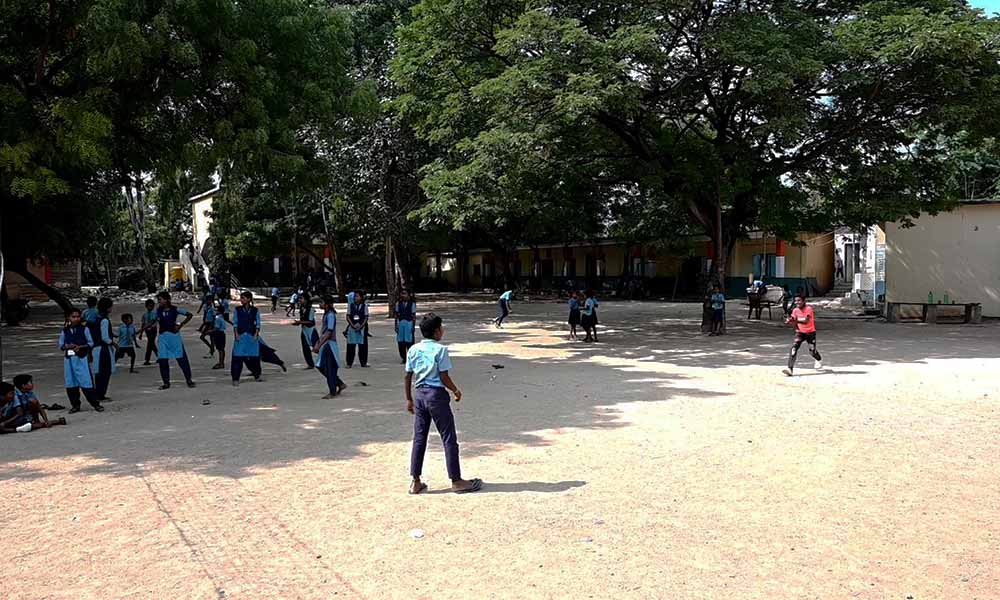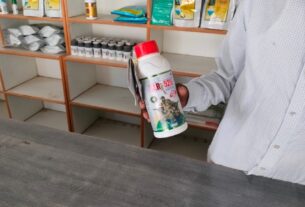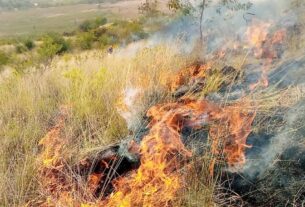Due to the lack of citizenship, the children from the camps might not be able to pursue higher education.
The issue of lack of citizenship is not confined to one camp but affects all four Bangladeshi refugee camps equally.
Sujit Kumar Dhali, a resident of the Bangladeshi refugee camp said, “Even after the struggle I didn’t know how I could settle in my life in future. The only thing I knew was if I could get education I would settle well, and I could help my community. But till now I don’t have a job and I am sitting idle and fighting for my life.”

Sujit lives in the rehabilitation camps and just like the other residents of the camp, Sujit was also unable to pursue higher education and get a job. “If I could get my caste benefit then I would have some age relaxation and settle in my life very well despite fighting,” Sujit added.
In India, there are estimated to be around two and a half lakh refugees. However, according to the UN Refugee Agency, there are only 46,000 registered with UNHCR India as of January 2022.
The refugees came to India from Bangladesh former East Pakistan in 1971 escaping religious persecution.
Sunil Mistry, another resident of the Bangladeshi refugee camp said, “We came here in 1971 when minorities were being targeted in former Pakistan and a war was going on. There are estimated to be around 30,000 refugees living across four camps in Sindhanur according to Panchayat and only half of them have Indian Citizenship.”

Nirmal Talukdar, a resident of the Bangladeshi refugee camp said that There are four Bengali colonies, one is a Burma colony. There is a big problem here which is our children after studying are not getting jobs including government services. This is because we don’t have caste certificates, nor do we have any citizen cards.”
The refugees who came to Sindhanur belong to the Namasudra caste, according to the International Household Survey Network, the Namasudra is a major scheduled caste seen in the Northeastern States of India. They are recognized as a socio-economically backward caste.
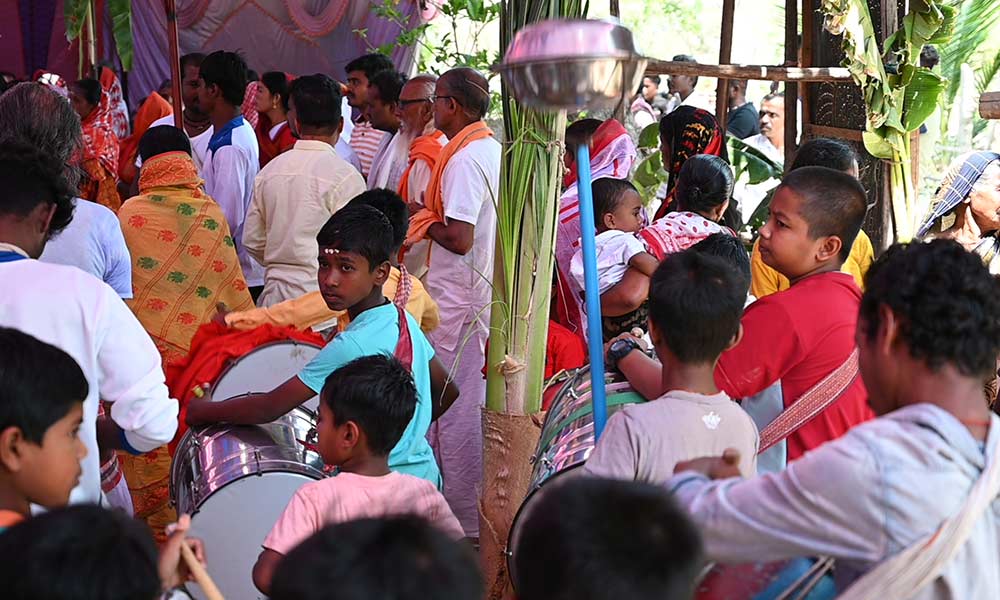
Residents of the camps say that they have been fighting for their citizenship for years. “We formed a committee both at the National and State levels and we have been fighting since 2010, we have been fighting at Jantar Mantar, Delhi. Representatives from all the 18 states were there to fight for citizenship, our hakpathr, the right to teach our language in the schools and the right for our lands, and citizenship. For all this, we have been fighting with the state as well,” Sunil Mistry added.
The Government of India used to consider all refugees in India as illegal immigrants, with the implementation of CAA, refugees escaping religious persecution such as Bangladeshi immigrants can be granted Indian Citizenship.
However, since many refugees in the camps do not have any documentation the fight for citizenship might have to continue.
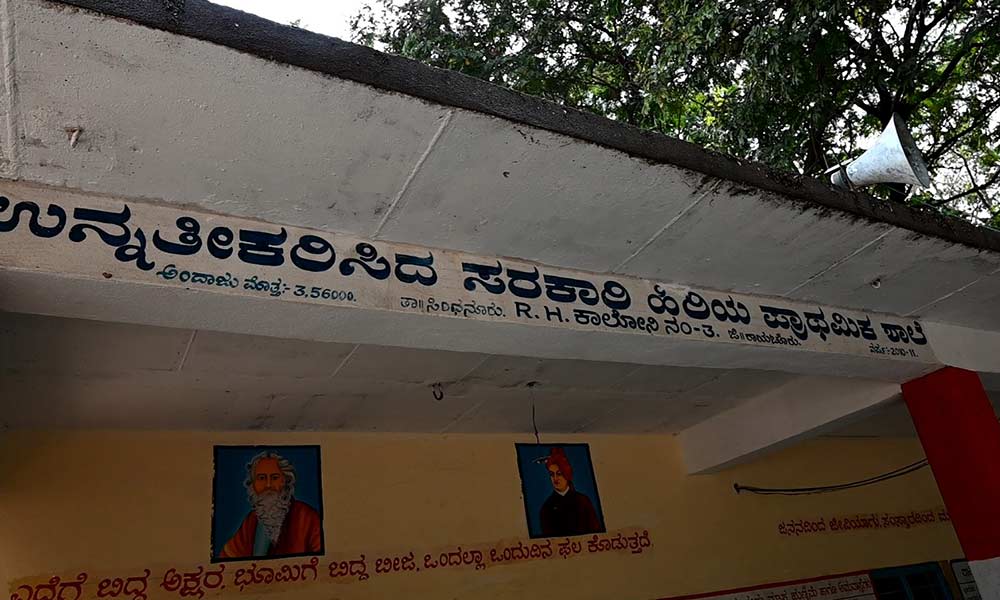
“We were escaping with our lives when the war was happening. It was a situation like that, at that time how can you expect us to wait and collect our documents? What is more important? Our lives or some documents?” Sujit Kumar Dhali added.
Rahmat Basha, Panchayat president of the refugee camp said, “The settlers came here in 1971 but there are more unsettles than settlers have citizenship, voter ID, caste certificates and everything. Unsettles have come from there without telling They don’t have citizenship, they can’t be given caste certificates either. This is what the government has said they don’t have any proof. If they go to the tahsil office or anywhere else to ask for citizenship they ask for proof which they can’t give.”
The settlers refer to the people who came here and have been given citizenship and unsettlers refer to people who live in the camps without any documentation. The Panchayat President says that there are only around 9000 settlers in the camp and the rest are undocumented and unsettled. The president also added that a lot of crimes happen within the Bengali camps which is the main reason the officials ask for proof, Basha added.
Kumar Rajan, Sindhanur town Police Sub Inspector said that almost all types of cases are happening like robbery, fights and other types of cases, as conflicts between husband and wife

